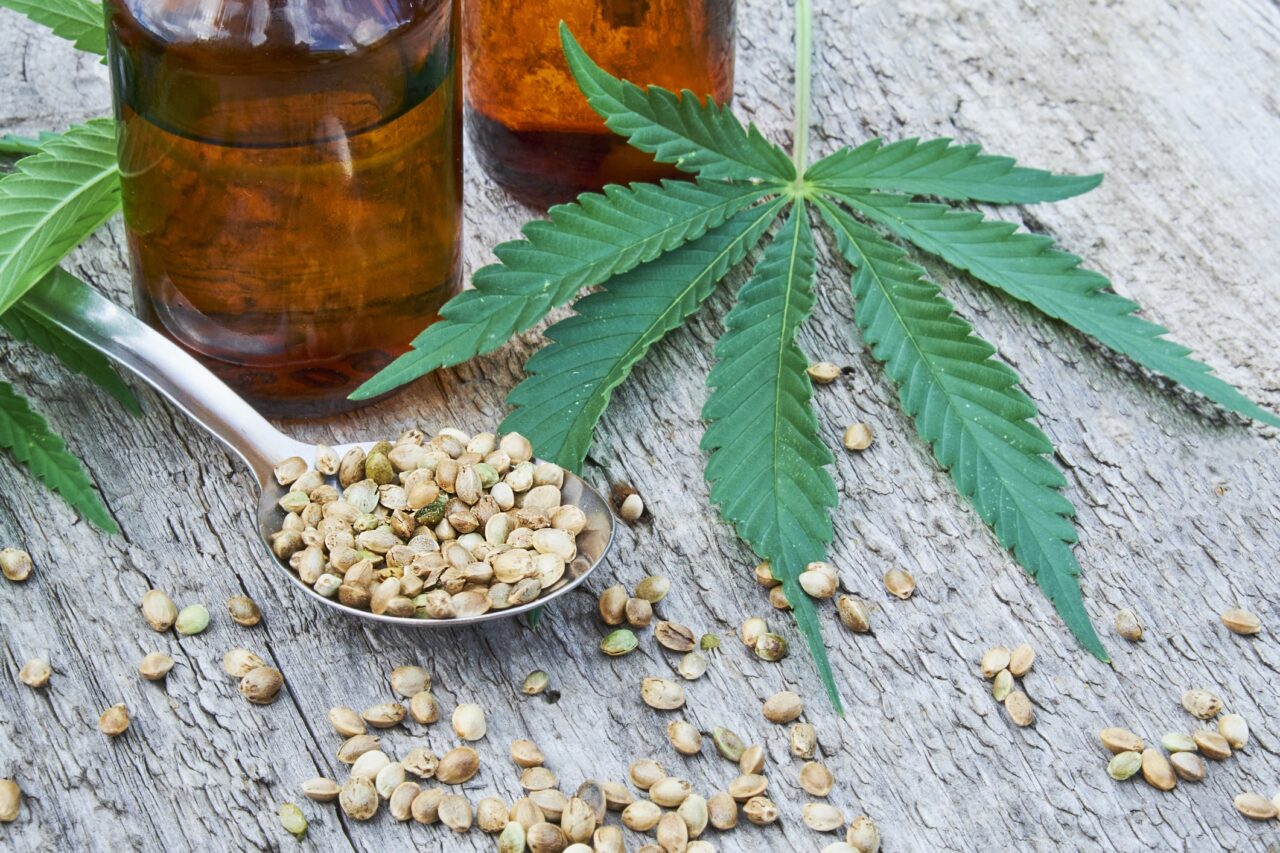Cannabidiol for the treatment of crack-cocaine craving: an exploratory double-blind study
Carolina de Meneses-Gaya1, José A. Crippa2 , Jaime E. Hallak2, André Q. Miguel3
, Jaime E. Hallak2, André Q. Miguel3 , Ronaldo Laranjeira3, Rodrigo A. Bressan1, Antonio W. Zuardi2, Acioly L. Lacerda1
, Ronaldo Laranjeira3, Rodrigo A. Bressan1, Antonio W. Zuardi2, Acioly L. Lacerda1
DOI: 10.1590/1516-4446-2020-1416
ABSTRACT:
OBJECTIVE: To assess the efficacy of cannabidiol (CBD) in the management of crack-cocaine craving and the treatment of frequent withdrawal symptoms.
METHODS: Thirty-one men with a diagnosis of crack-cocaine dependence were enrolled in a randomized, double-blind, placebo-controlled trial. We applied neuropsychological tests and assessed craving intensity, anxiety and depression symptoms, and substance use patterns at baseline and at the end of the trial. The participants were treated with CBD 300 mg/day or placebo for 10 days. During this period, we used a technique to induce craving and assessed the intensity of symptoms before and after the induction procedure.
RESULTS: Craving levels reduced significantly over the 10 days of the trial, although no differences were found between the CBD and placebo groups. Craving induction was successful in both groups, with no significant differences between them. Indicators of anxiety, depression, and sleep alterations before and after treatment also did not differ across groups.
CONCLUSION: Under the conditions of this trial, CBD was unable to interfere with symptoms of crack-cocaine withdrawal. Further studies with larger outpatient samples involving different doses and treatment periods would be desirable and timely to elucidate the potential of CBD to induce reductions in crack-cocaine self-administration.
Keywords: Crack-cocaine; craving; cannabidiol; dependence.
Read the full article: http://www.bjp.org.br/details/2116


